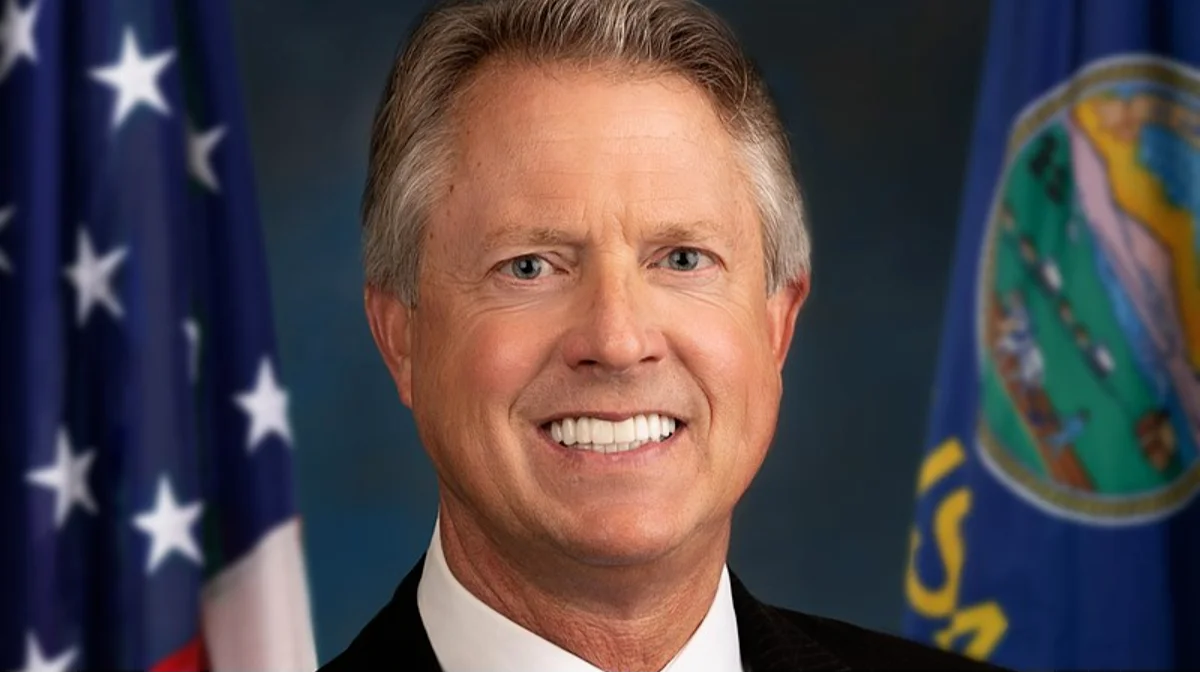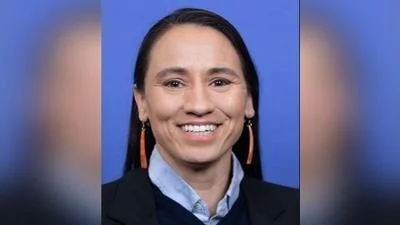Senator Roger Marshall, US Senator for Kansas | Official U.S. House headshot
Senator Roger Marshall, US Senator for Kansas | Official U.S. House headshot
U.S. Senators Roger Marshall and Michael Bennet have introduced the Conservation Reserve Enhancement Program (CREP) Improvement Act. This legislation, which is bipartisan, aims to provide farmers and ranchers with the flexibility and compensation needed to conserve water effectively. The bill also directs the U.S. Department of Agriculture (USDA) to permit dryland farming on CREP land, ensuring fair compensation for producers.
Senator Marshall, Chairman of the Senate Agriculture Subcommittee on Conservation, Forestry, Natural Resources, and Biotechnology, stated, "As Chairman of the Subcommittee on Conservation, Forestry, Natural Resources, and Biotechnology, I’m proud to partner with Ranking Member Senator Bennet in advancing a strong, bipartisan response to the water crisis we are facing out West. The CREP Improvement Act is much-needed legislation that will provide Kansas farmers and ranchers the flexibility they need to preserve our water supply for generations to come and receive fair compensation in doing so."
Senator Bennet highlighted the mounting challenges for those in the agricultural sector, noting, "Colorado’s family farmers and ranchers face a 1,200-year drought, a changing climate, and a hotter and drier future. We must ensure that USDA’s conservation programs live up to their potential. This bipartisan bill will give farmers the flexibility they need to conserve water, protect their way of life, and pass their operations on to future generations of Coloradans."
The bill is supported by Senators Jerry Moran and John Hickenlooper. The legislation aims to enhance existing flexibility and conservation measures within the CREP program. Originally, the program was designed to provide payments to farmers and ranchers for removing land from production to address conservation issues. However, the current application of the program has proven insufficient, and producers have requested additional flexibility and compensation.
The CREP Improvement Act seeks to address these concerns by improving the program's effectiveness in drought-prone areas, such as those found in Kansas and Colorado. Past legislative measures allowed for dryland farming on retired irrigated acres, but the USDA has not fully implemented these provisions.
The act highlights the need for adjustments in the CREP program as part of the next Farm Bill to enhance water conservation efforts and provide better incentives for farmer participation.


 Alerts Sign-up
Alerts Sign-up